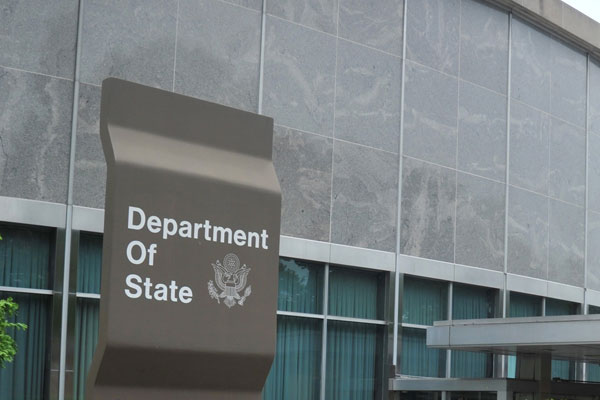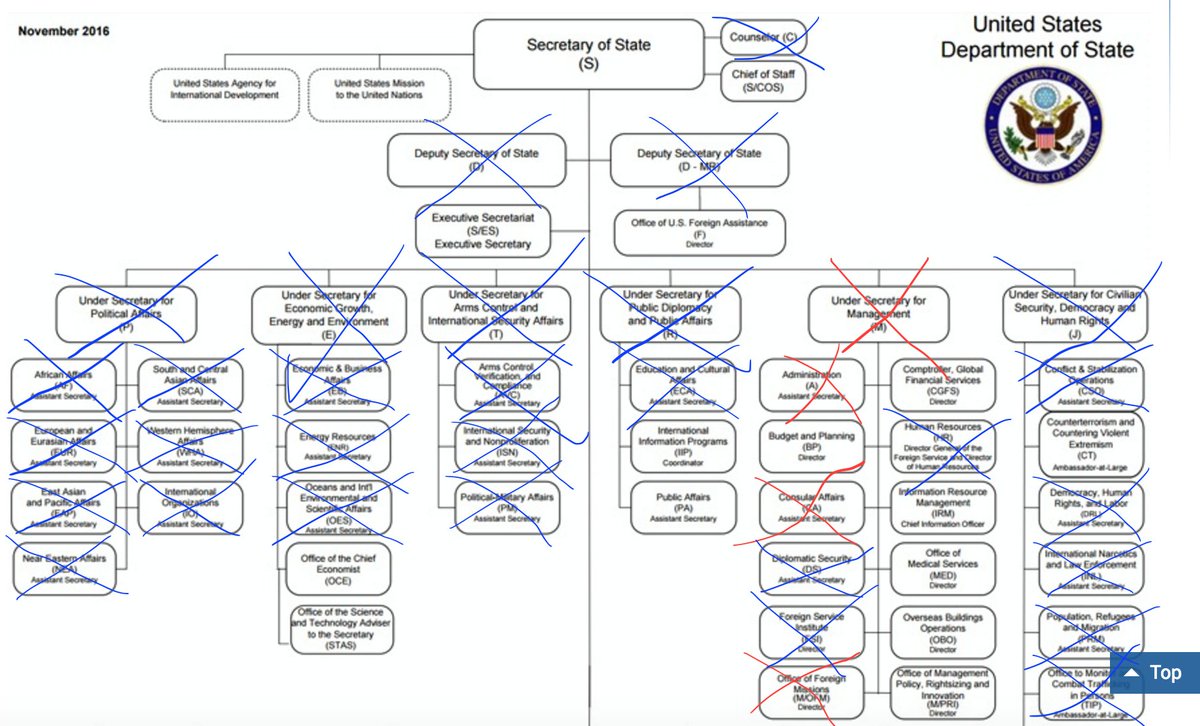Like many other international institutions the Security Council is outdated and needs a reboot. The discussion on what the composition and form of this new body to manage war and peace has been exhausting and going on for a long time.

The idea of more regular major-power coordination got a boost last March 2021 from two influential commentators. Writing in Foreign Affairs, Richard Haass and Charles Kupchan advanced the idea of a newly institutionalized “concert”:
The best vehicle for promoting stability in the twenty-first century is a global concert of major powers. As the history of the nineteenth-century Concert of Europe demonstrated—its members were the United Kingdom, France, Russia, Prussia, and Austria—a steering group of leading countries can curb the geopolitical and ideological competition that usually accompanies multipolarity.
Haass and Kupchan believe the Security Council itself is not the right vehicle for this new concert diplomacy and instead propose a new grouping:
A global concert would have six members: China, the European Union, India, Japan, Russia, and the United States. Democracies and nondemocracies would have equal standing, and inclusion would be a function of power and influence, not values or regime type. The concert’s members would collectively represent roughly 70 percent of both global GDP and global military spending. Including these six heavyweights in the concert’s ranks would give it geopolitical clout while preventing it from becoming an unwieldy talk shop.
Arguments against the idea should be considered, including why this approach (called “plurilateralism”) won’t likely work and however appealing it may be, draws on Europe’s 19th century past instead of crafting something that could work down the road.
 An update on the so-called “deconstruction” of the U.S. Department of State, where the future of American diplomacy is still uncertain. How will a 30% budget cut impact the national interest?
An update on the so-called “deconstruction” of the U.S. Department of State, where the future of American diplomacy is still uncertain. How will a 30% budget cut impact the national interest?
You must be logged in to post a comment.